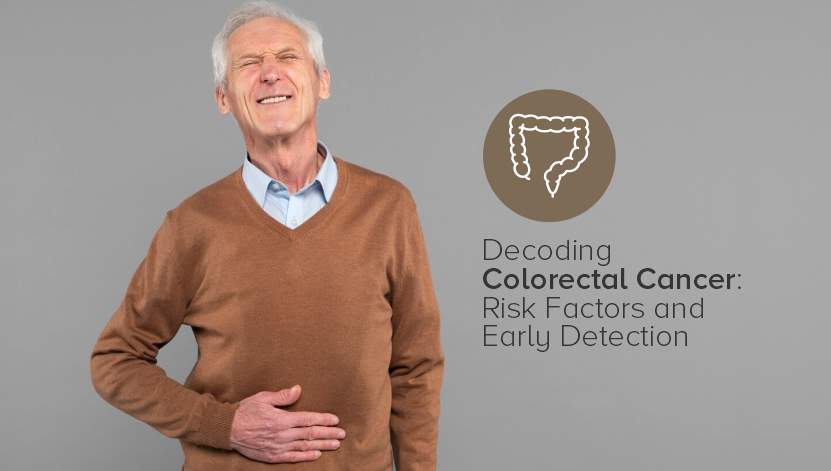Colorectal cancer is a type of cancer that starts in either the colon or rectum. It is a very common type of cancer, and it is estimated that one in every twenty-five men and women will develop this type of cancer in their lifetime. While cancer may feel scary, it is important to remember that early detection and treatment can make all the difference.
